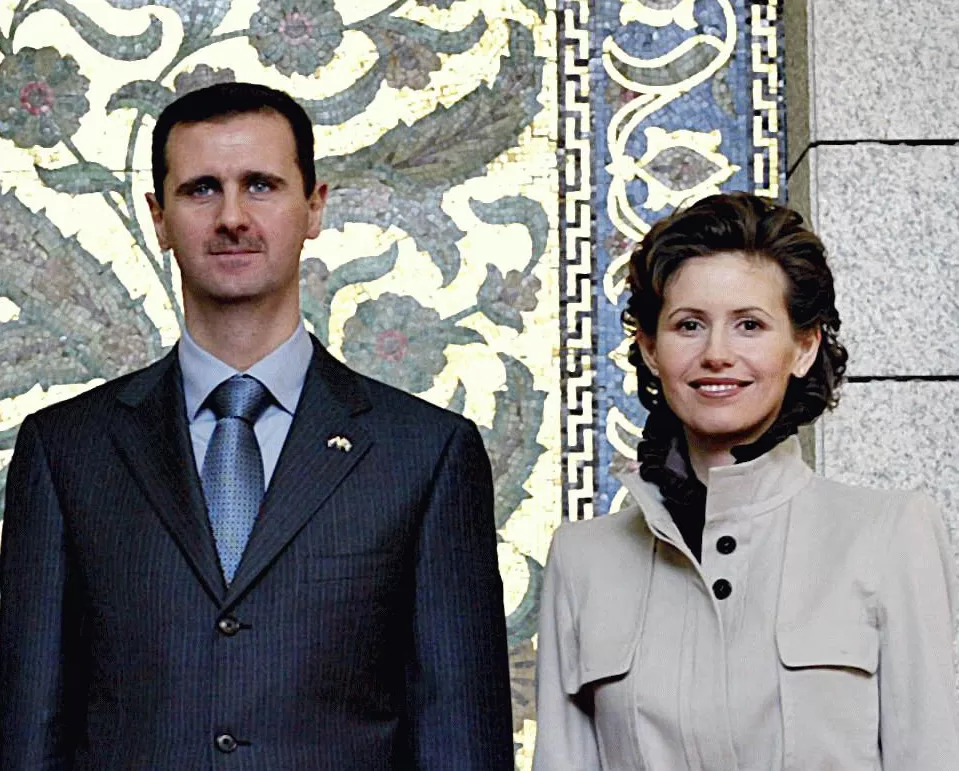 The proposed anti-homosexuality bill in Uganda threatens free expression not only for the gay community, but for all says Risdel Kasasira
The proposed anti-homosexuality bill in Uganda threatens free expression not only for the gay community, but for all says Risdel Kasasira
This week marks two months since Ugandan MP David Bahati tabled the anti-homosexuality bill before parliament. The proposed law seeks to sentence homosexuals to life imprisonment, and in some cases, death.
However many uninterested Ugandans do not know that the law is likely to effect them. The law will not only criminalise the behaviour of the estimated 500,000 gay people in Uganda but hetorsexuals too. Under the proposed law heterosexuals could face the wrath of the same law if they found to be promoting or aiding homosexuality. The bill if passed will trample on free expression and the right to free speech of all Ugandans.
Clause six, section three is just one of the areas of the bill threatening to clamp down on free speech. It states that anybody who publishes or broadcasts materials on homosexuals faces on conviction 5,000,000 shillings (GBP£2,500) or seven years in jail.
The bill further says in, clause 13, that where an offender is a corporation, business, association or a NGO, on conviction, its certificate of registration will be cancelled and the director of the organization be sentenced to seven years in prison.
With these clauses, any media house that publishes or broadcasts materials that are deemed promotion of homosexuality risk losing its certificate of registration and the editor, reporter would be sentenced to seven years in jail.
But it is by no means only media freedom that is being quelled. Civil society organisations and their leaders, whether in community based organisations, NGOs, or academic institutions could face prosecution. If their organisations seek to have a comprehensive position on sexual and reproductive health or even explain homosexuality, they risk being closed down.
The law will ban any human rights activist who seek to promote an understanding of the indivisibility and inalienability of human rights. They would be judged to be promoting the rights of homosexuals and homosexuality, and be punished severely.
22 civil society organisations have come out to oppose the bill and have described the bill, “the anti-human rights bill”.
What the drafters of the bill must realise is that the indiscriminate nature of the bill could in future make them victims of the same law they are drafting to severely punish homosexuals.
Christine Butegwa, Regional Coordinator of Africa Programmes for Akina Mama wa Afrika, a pan-African non-governmental organisation for African women, said recently that, “the public do not know its contents and are speaking from an emotional stand-point. Even those ignorantly supporting the bill, do not know the implications,”
Many Ugandans, including legislators and religious bigots think that the proposed law only affects homosexuals.
But they do not know that phrases captured in the bill, like aiding, abetting, marketing, production, broadcasting and publishing of materials that are seen to be promotion of homosexuality may in future victimise the same people who are pushing for the passing of the proposed law.
Some religious institutions operate radio stations, newspapers, Television stations and human rights which may soon be forced to shut if the law passes.
Another questionable and overlooked clause that seriously impinges on the free of speech is Clause 13, section 1(c). The clause targets internet and mobile phone users. It says that anybody who uses devices such as the internet and mobile phones to promote homosexuality is liable to a minimum sentence of five years and seven years maximum.
Uganda has an estimated10 million mobile phone users and around 400,000 internet users. With this law, they will become a target. One wonders how government will monitor phone conversations and emails of all these potential victims of the law. Surely a government that is willing to outlaw homosexuality won’t think twice about passing a law that invades the right to privacy. With increasing global pressure surrounding the government over the bill, this is just one of the many question the politicians will eventually be forced to answer.
Risdel Kasasira, reporter for The Daily Monitor newspaper in Uganda





